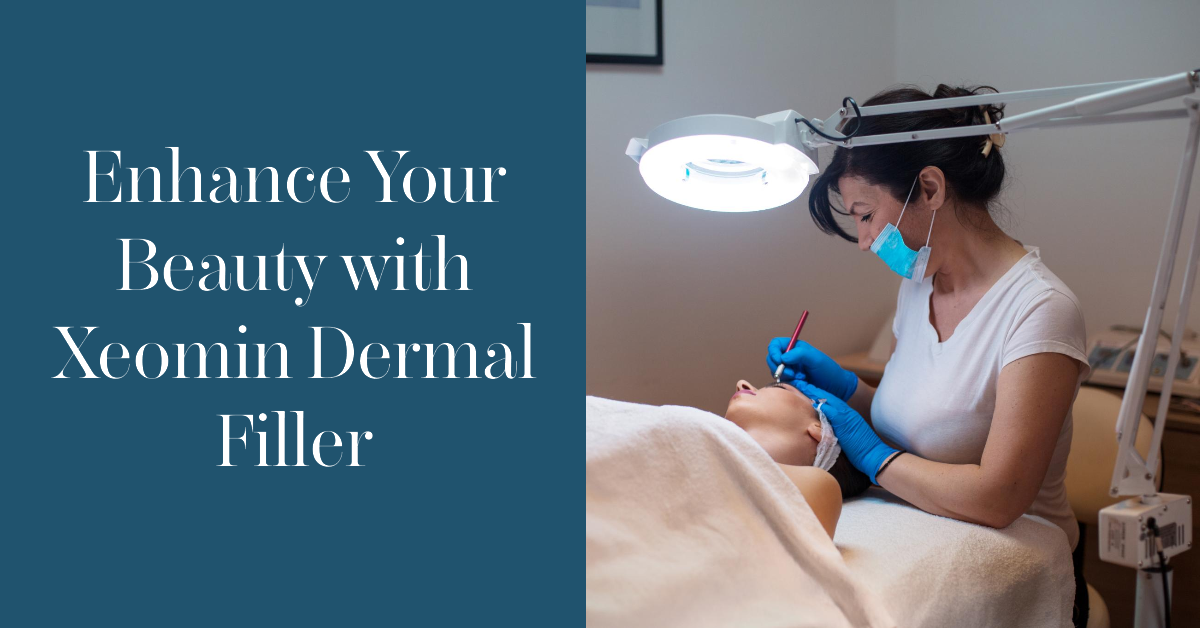Skin Melasma
Skin Melasma
- 183 Views
- February 26, 2023

Skin melasma is a common condition that affects many people, especially women. It is characterized by brown or gray patches that appear on the face, usually on the cheeks, forehead, nose, and upper lip. Although the exact cause of melasma is not known, it is thought to be related to hormonal changes, sun exposure, and genetics.
Causes of Melasma:
Melasma is believed to be caused by a combination of genetic and environmental factors. Hormonal changes, such as those that occur during pregnancy, menopause, or with the use of birth control pills, can trigger melasma. Exposure to ultraviolet (UV) light from the sun or tanning beds is another major factor. In some cases, certain medications can cause melasma, such as those that increase sensitivity to sunlight.
Treatment of Melasma:
There are a variety of treatments available for melasma, including topical creams, chemical peels, and microdermabrasion. However, these treatments can be time-consuming and may not produce significant results.
Laser treatment is a highly effective and minimally invasive way to treat melasma. The laser targets the pigmentation in the affected area, breaking up the excess melanin and allowing the body to naturally absorb and eliminate it. The result is clearer, more even-toned skin.
Dr. Francisco Narvaez and Laser Treatment for Melasma:
Dr. Francisco Narvaez is a highly skilled physician who has specialized in the use of lasers to treat skin conditions. Extensive experience in using laser technology to treat melasma and other pigmentary disorders.
At Anhelos Medical we have a Q-switched laser, which emits short bursts of energy that target the pigmented cells in the skin. The laser is carefully calibrated to deliver the appropriate amount of energy to the affected area, without damaging the surrounding tissue.
In addition to laser treatment, at Anhelos Medical we may also recommend a comprehensive skincare regimen to help prevent future melasma outbreaks. This may include the use of sunscreen with a high SPF, avoiding prolonged sun exposure, and using topical skincare products that are specifically formulated to help reduce the appearance of pigmentation.
At Anhelos Medical we only use FDA-authorized products and equipment.
See you soon,
Francisco Narvaez, MD
// About Me

Vanessa Osorio
Vanessa is a passionate skin care specialist/ esthetician with 8 years of experience under her belt embarking several states including South Florida and California. She has been a zealous advocate for expanding confidence in her clients through various skin treatments. Vanesa specializes in Medical-Grade anti-aging and body contouring services. She is certified in microneedling, microchanneling, ultrasound, radio frequency, and chemical peels among other advanced procedures.
// Popular Feeds
// Sponsor Adds
















